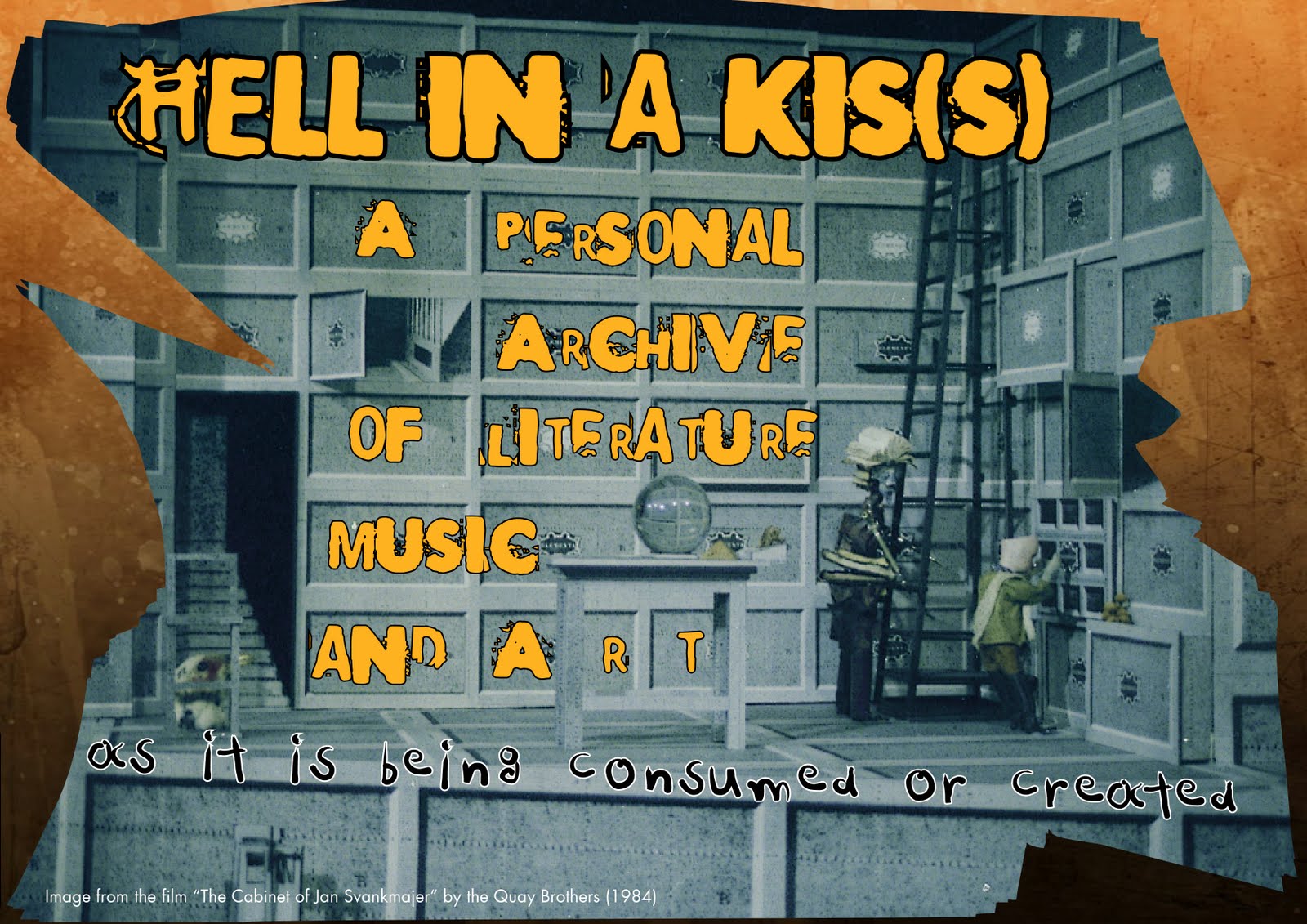
Acid folk at its best. Ed Askew is a somewhat obscure American artist of the late 60's and 70's. He is still around experimenting and producing music, but in "Ask the Unicorn", his 1968 debut album and the follow-up tapes of "Little Eyes" (released only in 2003 as a "reissue" that was never issued in the first place) he produced a work that has stood the test of time. He played an instrument called tiple with 10 chords resembling in sound something between a banjo or ukelele, a guitar and a harp. There is a certain urgency in Askew's playing and singing (every song was recorded in one take) and then there is also the shadow of the Bob Dylan emphasis on the lyrics and the delivery. But the songs of Askew have also a certain magical transparency and timelessness in them. The voice is wavering and fragile. David Shirley mentions in his article "The ageless poetry of Ed Askew", that Askew shares with Robert Wyatt "... an incremental, chord based approach to composition and arrangement, layering swelling triads, looped arpegios and the occasional whimsically Monkish flight to build simple keyboard progressions into rich, emotionally compelling soundscapes...". His music is actually simple and complex at the same time. In fact everybody seems to agree nowdays that this is just another case of an artist (see also Dalton, Drake and so many others) making music that could only be appreciated long after its creation.
